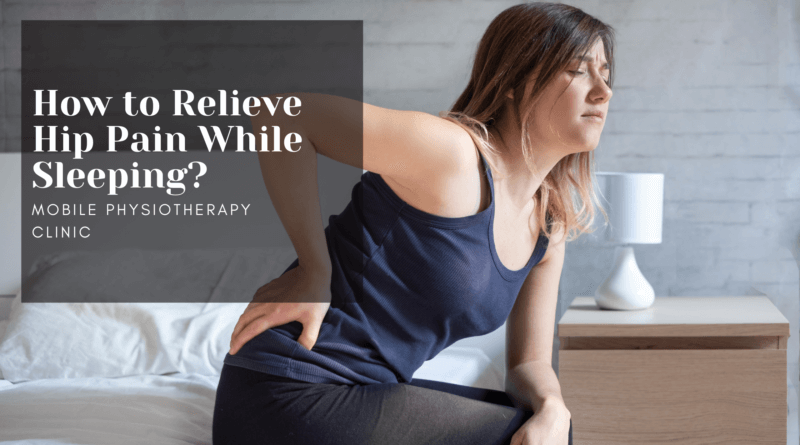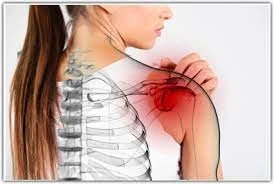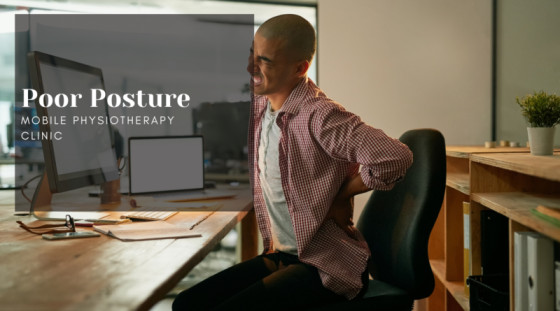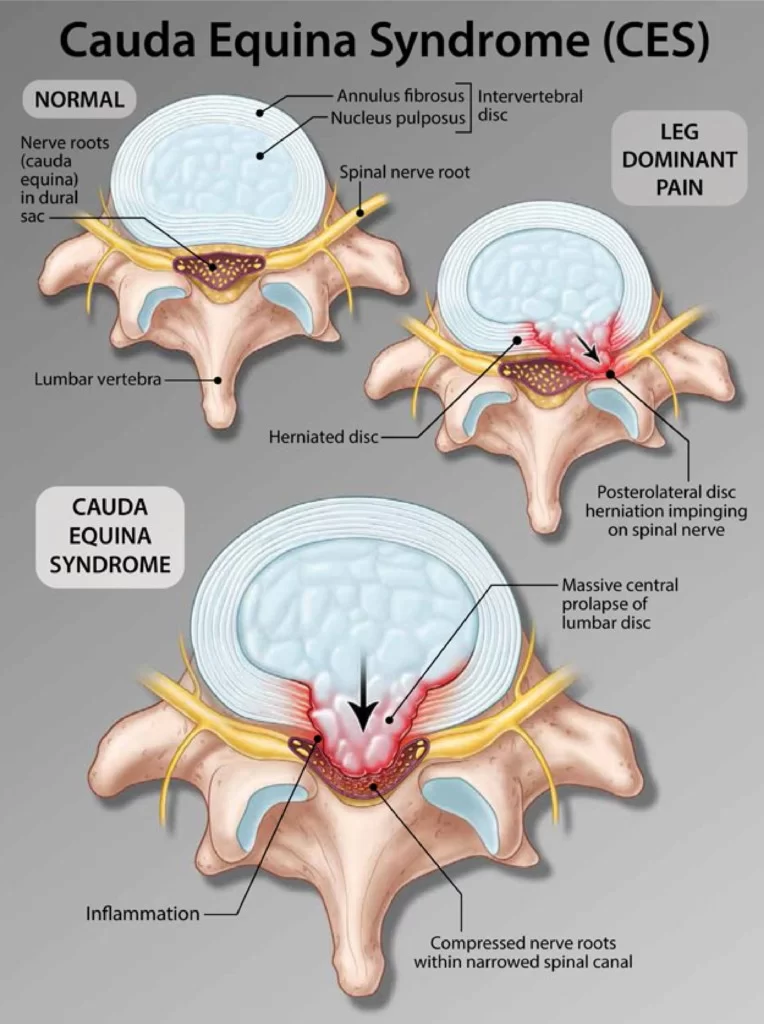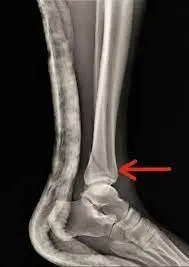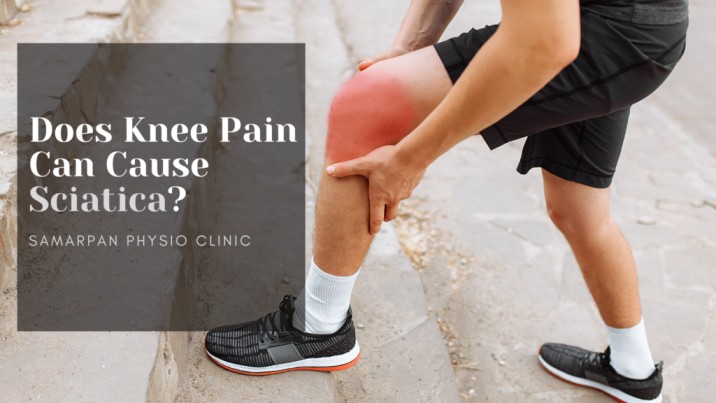How to Relieve Hip Pain While Sleeping?
Hip pain during the night can keep you awake or make it difficult to get asleep in the first place.
The ache could be caused by your sleeping position or by something else entirely. For example, because you don’t move much when sleeping, your joints expand, causing stiffness and pain.
Continue reading to learn more about what can be causing your nighttime hip discomfort, as well as how to deal with it and get better sleep.
Hip discomfort during night can be caused by a variety of factors.
Several disorders can cause hip pain during night. The following are the most common:
- Osteoarthritis Bursitis (OA)
- Sciatic-piriformis syndrome is a combination of tendonitis and piriformis syndrome.
It can also be caused by your sleeping position, your diet, and other factors like mattress, or pillows, as well as pregnancy.
It is also conceivable that your hip is hurting because of another issue, such as lower back pain. This is known as referred pain.
Sleep position
If you wake up with hip pain every night, it’s possible that your sleeping position or mattress is to blame. Pressure points can be triggered by a mattress that is excessively soft or too rigid, resulting in a hurting hip.
It’s also possible that your sleeping position is causing you pain. Sleep on your back or, if you’re a side sleeper, on the side that doesn’t pain and keep your hips aligned with a pillow between your knees. Here you’ll find a large range of knee pillows.
Bursitis
Small sacs packed with fluid surround your hip bone and other joints, cushioning the joint as it moves. Bursae are the name for these sacs. When these sacs become inflamed, bursitis develops.
Symptoms
Among the signs and symptoms are:
Pain on the outside of your hip and upper thigh that begins as a sharp pain that causes you to yelp when touched, and later develops into an ache pain when you get up after sitting for a long time, and which may worsen when you take a long walk, climb a lot of stairs, or squat for a long time, and which may worsen at night when you lie down or sleep on the affected hip. Bursitis patients do not experience pain when standing.
Osteoarthritis of the hip and different forms of arthritis. The most frequent type of arthritis in the hip is osteoarthritis (OA). Other varieties of arthritis, however, can also cause hip pain at night.
Types
Some examples of these sorts are:
- Rheumatoid arthritis is a type of arthritis that affects the joints (RA)
- Psoriatic arthritis is a type of arthritis that affects the skin.
- Septic arthritis is a type of arthritis that is caused by
If you have hip arthritis, you may notice the following symptoms:
- You’re experiencing groin pain.
- You may also experience pain in your buttocks, thigh, or knee.
- Hip pain that prevents you from sleeping Pain when bending down, getting out of a chair, or going for a short walk Grinding sound with movement (called crepitus), or your hip locking or sticking
Hip tendonitis
Tendons connect muscles to bones and facilitate movement. Hip tendonitis occurs when the hip tendon becomes inflamed.
If you have hip tendinitis, you may have the following symptoms:
If your hamstring tendon is also inflamed, you may experience a dull, deep ache in your groyne, especially when climbing stairs or standing up. You may also experience pain in your buttocks.
Pregnancy
Pregnancy puts additional strain on your spine and hips, particularly in the third trimester.
During the day, wear supportive shoes and take stretch breaks if you’ve been sitting for long amounts of time. This can help you avoid diseases like sciatica, which can result in referred pain.
At night, follow the recommendations for side sleeping that were previously made.
You may also roll up a blanket and place it behind your back, allowing you to lean into it while still sleeping on your side. If you like, you can use a cushion instead of a blanket. This can aid with extra support when sleeping.
A pregnant pillow could also be beneficial. Here is where you can get one.
Taking care of hip discomfort at night
A wide range of options can be applied for managing pain.
How to relieve Hip pain Immediately?
If hip pain keeps you awake, try the following to fall back asleep:
Sleep in a different position. Experiment with different positions to discover the one that relieves the greatest discomfort.
To give padding, place wedge-shaped cushions beneath your hips. If you don’t have a wedge-shaped pillow, you can make one by folding a pillow or blanket.
To relieve stress across your hips, sleep with a pillow between your knees.
Underneath your knees, place one or more pillows. This can help with sciatic-piriformis syndrome pain.
Nonsteroidal anti-inflammatories (NSAIDs) such as ibuprofen (Advil, Motrin IB) and naproxen (Aleve) are helpful to relieve pain.
Consult your doctor about which NSAIDs are best for you and how often you should take them.
Topical NSAIDs, such as diclofenac gel, may also be prescribed by your doctor (Solaraze, Voltaren).
Pain can also be relieved by using ice or heat. Consult your doctor to determine which option is best for you.
Ice may be more effective if your discomfort is caused by swelling because it can help reduce inflammation. Heat can assist in the relief of arthritic pain, stiffness, and muscle spasms.
Ice should not be applied straight to the skin. Wrap an ice pack in a towel and drape it over your hip instead.
A heat wrap, heating pad, or hot water bottle can be used to provide heat.
Long-term relief
If you endure hip pain at night on a frequent basis, you may require long-term treatments.
You might want to think about getting a new mattress. For persons with hip bursitis, a mattress that is overly firm might be very unpleasant.
To assist distribute your weight, try placing a foam pad on top of your mattress. You can get one here.
Your doctor may also discuss the following therapies with you:
- Visiting a physical therapist, receiving regular massages, or a combination of the two
- Taking the fluid out of the bursa
- Steroid or cortisone injections into your bursa or hip joint arthroscopic surgery to remove the bursa
- Injections of hyaluronic acid to lubricate your hip joint
- Arthritis medications, such as disease-modifying antirheumatic drugs (DMARDs) and biologics, as well as arthroscopy (hip surgery to remove loose cartilage or bone spurs).
- Hip resurfacing, commonly known as complete hip replacement surgery, removes and replaces damaged bone in the hip socket to help reduce hip pain at night.
- If hip pain keeps you awake at night, try the following during the day and before bed:
- Exercise with a low impact
- Low-impact activity, such as swimming, water exercise, or walking, can help relieve discomfort and enhance your overall health.
- Try yoga.
- Avoid long sittings.
Stretching
You can stretch your hip in addition to low-impact activity during the day. If the pain is keeping you awake at night, you can stretch throughout the day or at night.
If you need to, stand up and grab something for support.
Reach for your toes by crossing your legs.
Hold the position for 20 to 30 seconds.
Cross your legs in the opposite direction and repeat.
You can also try these exercises to reduce hip bursitis discomfort and strengthen your hip flexor.
Sleep hygiene
Good sleep hygiene might assist you in falling and staying asleep. Here are a few pointers to consider:
Every day, go to bed and wake up at the same hour.
Prior to going to bed, establish a relaxation regimen.
To release your body’s natural pain fighters, endorphins, take a warm bath one to two hours before bedtime. Muscles surrounding the sciatic nerve are also soothed by a warm bath. Make sure the water isn’t too hot, as this will elevate your body temperature and make it difficult to fall asleep.
To avoid waking up from being too hot, make your room dark and quiet, and maintain the temperature cool.
Avoid using electronics, such as televisions, laptops, and cellphones, in the hours leading up to bedtime.
Caffeine should not be consumed within 5 hours of going to bed. Learn more about the effects of caffeine and how long they last.
You should also refrain from using alcohol to aid sleep. It may make you sleepy, but after a few hours of restless sleep, you’ll most likely wake up.
Also, be wary of over-the-counter sleep aids. You’ll require increasing doses to fall asleep over time, and it’ll be difficult to break the habit.
When should you see a doctor?
Consult your doctor if your hip discomfort is preventing you from sleeping or waking you up at night.
They may examine your hip for discomfort and swelling. They’ll also look for evidence of arthritis and tendinitis in your hip’s range of motion. Arthritis causes a reduction in motion.
To rule out various conditions, they may also take blood or fluid samples or order X-rays.
If your hip discomfort is caused by an accident, go to an urgent care centre or the emergency room (ER).
If you develop any of the following symptoms, seek medical attention right away:
A malformed joint inability to move your leg or hip, inability to put weight on the limb with the sore hip, extreme pain or sudden swelling in your hip fever, chills, redness, or other infection symptoms.
Outlook
Because not getting enough sleep might make your discomfort worse, it’s critical to build a treatment plan with your doctor.

